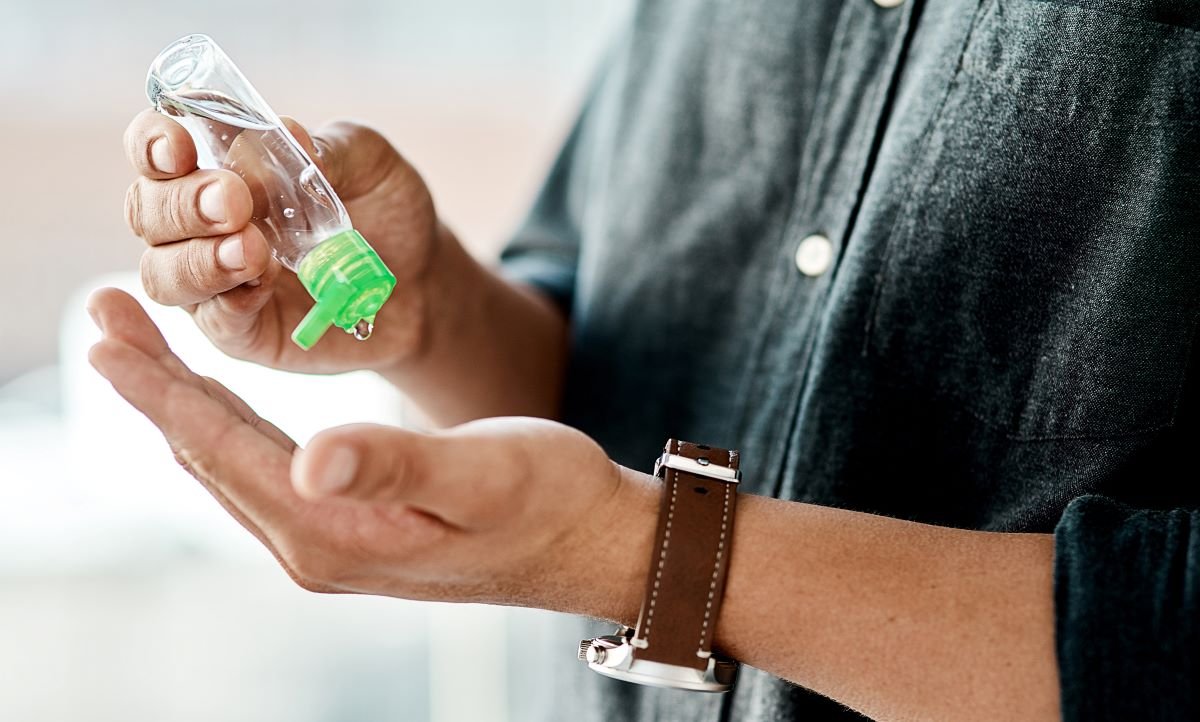Simple hygiene habits help protect our most vulnerable
Some of the simplest habits remain the best for reducing your risk of becoming ill and spreading the flu virus and COVID-19 this winter.
STOP THE SPREAD: Maintaining good hygiene habits like staying home if unwell and regular handwashing and sanitisation will help protect vulnerable community members this flu season.
Staying home if you’re unwell, keeping away from others who are sick, regular hand washing, using hand sanitiser, and covering coughs and sneezes are simple and effective ways to help protect your own health and stop the spread of COVID-19 and influenza.
Senior Manager Primary Care Engagement Andrew Heap from Murrumbidgee Primary Health Network (MPHN) said it was easy to become complacent when so much of our lives have returned to normal.
“Our community did really well adopting healthy hygiene habits during the peak of those early COVID years,” Mr Heap said.
“It’s still equally important in 2023 to keep those habits up because, while you might be able to recover from the flu in a few days you may, without meaning to, spread it to the more vulnerable people around you.”
Community members most at risk from influenza include children aged between six months and five years, pregnant women, Aboriginal and Torres Strait Islander people, people with underlying medical conditions, and people over 65 years.
It’s difficult to predict who will catch influenza or who will become seriously ill. The flu can require hospitalisation and can even be fatal.
“Getting your flu vaccination and COVID boosters is always the first step,” Mr Heap said.
“Then at all times of the year, and particularly when it’s colder and we’re all indoors more often, keep up your healthy hygiene habits every day and you’ll be playing your part in keeping our community as safe and healthy as possible.”
For more information, contact your GP or pharmacist, or visit healthdirect.gov.au

